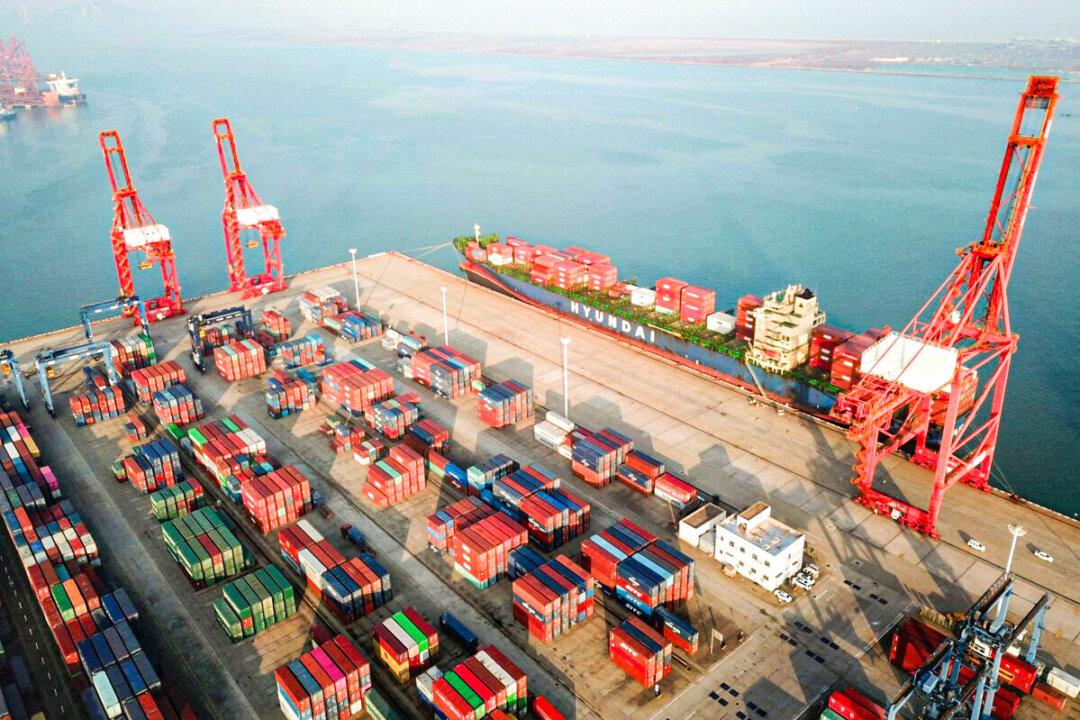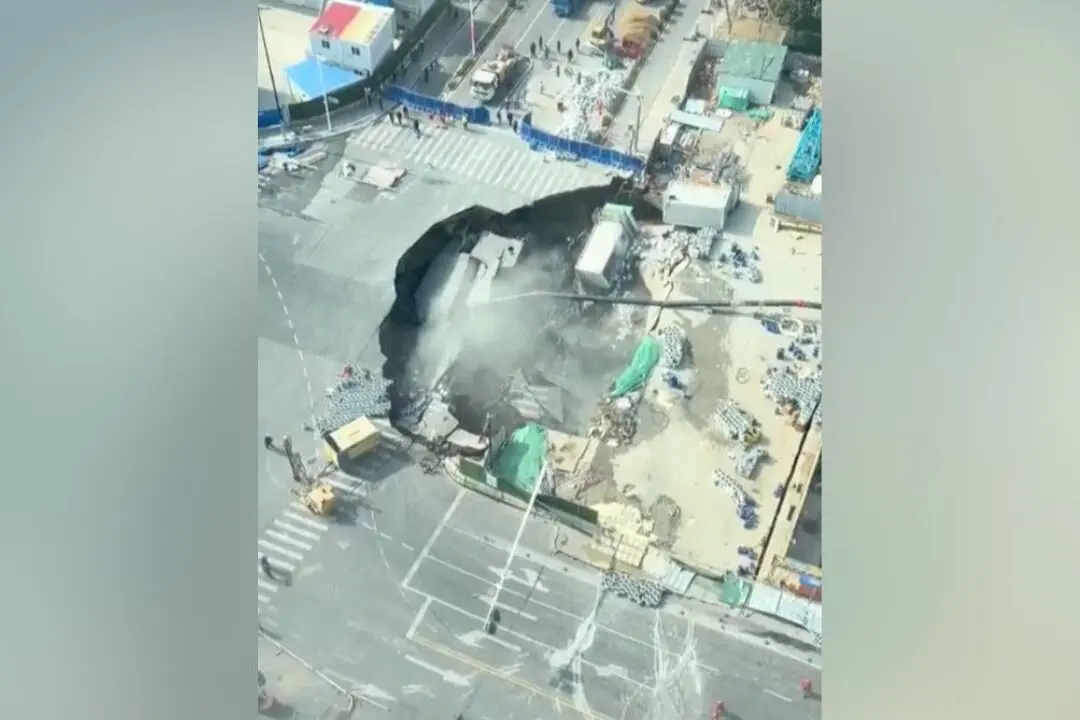Seeing China’s financial hub Shanghai, home to 25 million people, come to a standstill amid more than four weeks of lockdowns has made those residing in Beijing nervous. The capital city has detected growing COVID-19 outbreaks and has rushed to conduct mass testing in a bid to contain the virus.
Almost all 22 million inhabitants in Beijing completed three rounds of testing as of April 30. The results may determine whether they'll be destined to experience the same fate as those in Shanghai, where fenced-in people have been banging pans on their balconies at night to protest the month-long lockdown.




